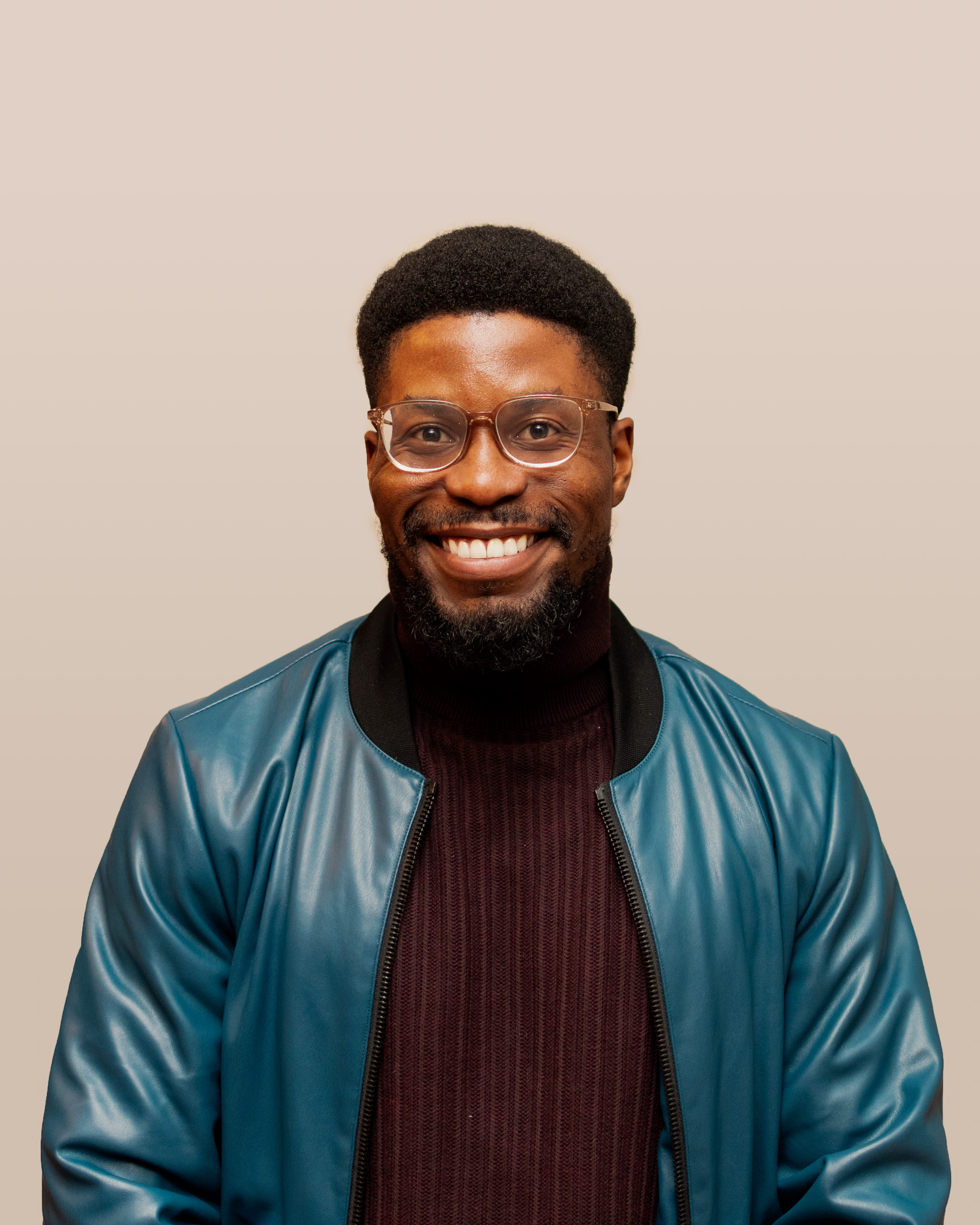Welcome to our new interview series “Tech Disruptors”, where we will be speaking with Tech professionals on how they got their start in the industry, why they are passionate about tech, and the future of tech. Keep reading to learn more about Daniel’s journey and why mentorship is at the heart of everything he does.

How did you get started in Tech?
At Binghamton University, I started off on the pre-med track, majoring in Biology with interests in government, political science, international relations and Africana Studies. At the center of all my interests was helping people at scale. I switched my major to Africana Studies, once I realized I hated Biology. My first tech related job, post-graduation was in 2013 as an operations/ product manager for a startup. I helped grow the business from 0 to 3 million in 3 years. During this time, I learned a lot about Tech while leading operations and product management. One moment I was managing customer service agents and the next I was writing specifications for new app features. I left the startup in 2016 to complete an iOS bootcamp which, along with a second degree in CS, got me to my first Software Engineering role in Macy’s in San Francisco.
You talk a lot about mentorship. Why is operating as a mentor in the tech arena important to you?
When I started in tech, I realized I was one of the few people of color in the field. The lack of black and Latinx people in the field meant they were being left out of the tech boom. This led me to create a group filled with Binghamton Alum who operated in the tech space.
Talk to me about Life After Bing and why you started it.
Life After Bing was born out of a need to empower Bing students and alum by creating a community around career development. I work with a great team that includes Chukwudi Kanu on partnerships, Fatima Kane and Anastasia Figuera on Marketing, Mariam Traore on operations and Rabi Ibrahim on communications. We are getting ready to host our third annual summit in NYC. The first two were held on the Binghamton University campus. One of our attendees decided to take the less traveled path to software engineering despite having no CS degree, and will complete an intensive coding bootcamp very soon.
Have you seen any improvements in diversity since you first started in tech? Specifically, as it relates to interest in the tech space?
For sure. When I first got interested in Tech, there were maybe 2 to 3 people who I knew personally that were engaged in tech related majors and/or careers. Fast forward to now, where I’m part of an Instagram group of 40 + people who are actively in tech or are interested in pursuing a tech career. A number of people in that group, attended bootcamps and one member is now a software engineer for Pinterest. So, there’s definitely been a major shift.
What are some side/passion projects that you are currently working on?
I am super interested in the future of work and making sure it is equal parts equitable and accessible because right now wealth is concentrated. However, tech is one of the top vehicles to ensure that work becomes more equitable and accessible for certain groups. I also believe that transferable skills will define the future of work.
I also recently launched The Be Great Podcast to empower the diverse leaders shaping the future of work. (Be sure to check out episode 1, using the link below!).
Lastly, I am working with the Children’s Aid Society where I, and a number of other stakeholders teach code, digital marketing and leadership skills to young children.
Where can we find you online?
IG:@Be.Great
Twitter: @nycdan_
LinkedIn: Daniel Adeyanju
The Be Great Podcast: bit.ly/begreatpod1
Please note: This interview has been modified and condensed for the sake of brevity.
**This article has been edited from its previous version.



